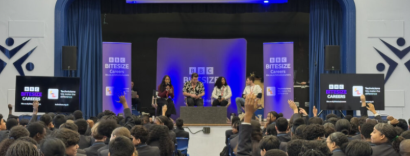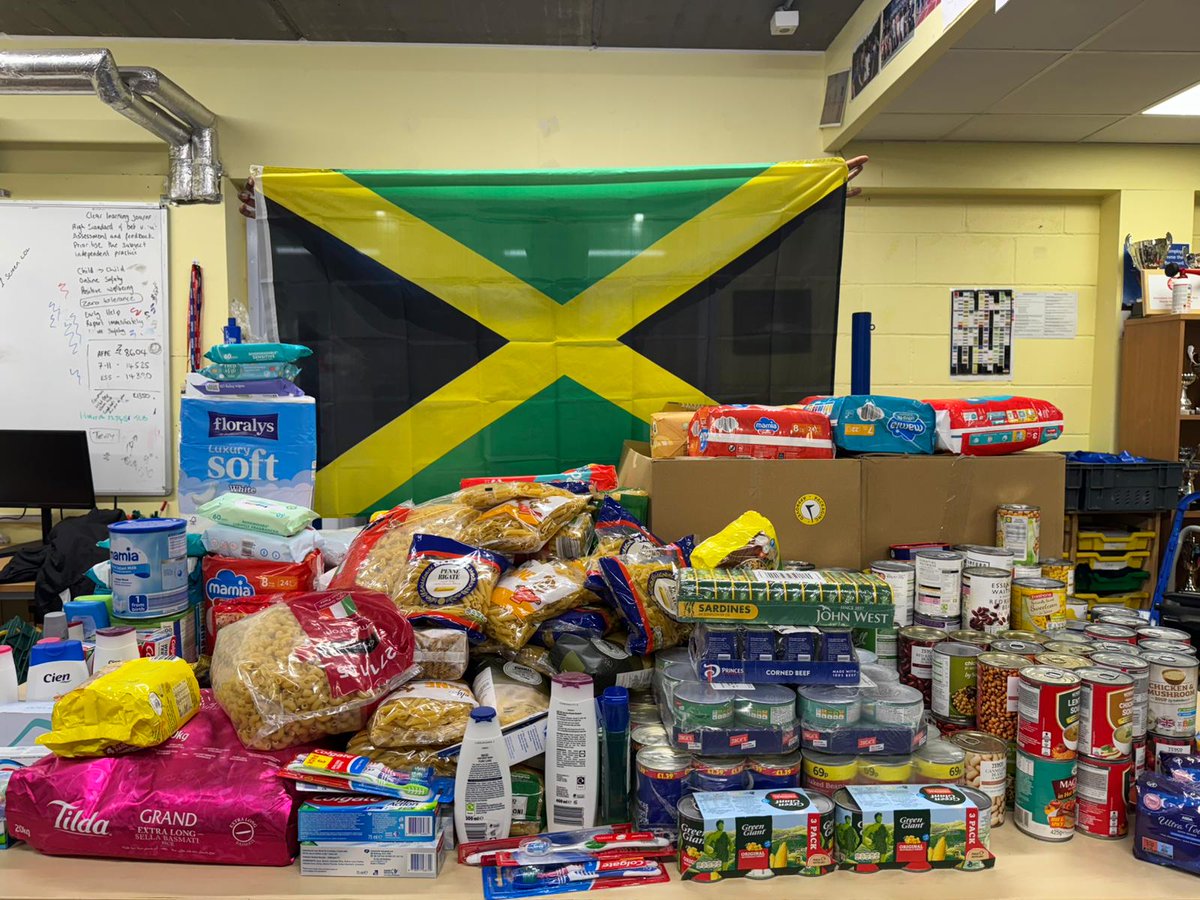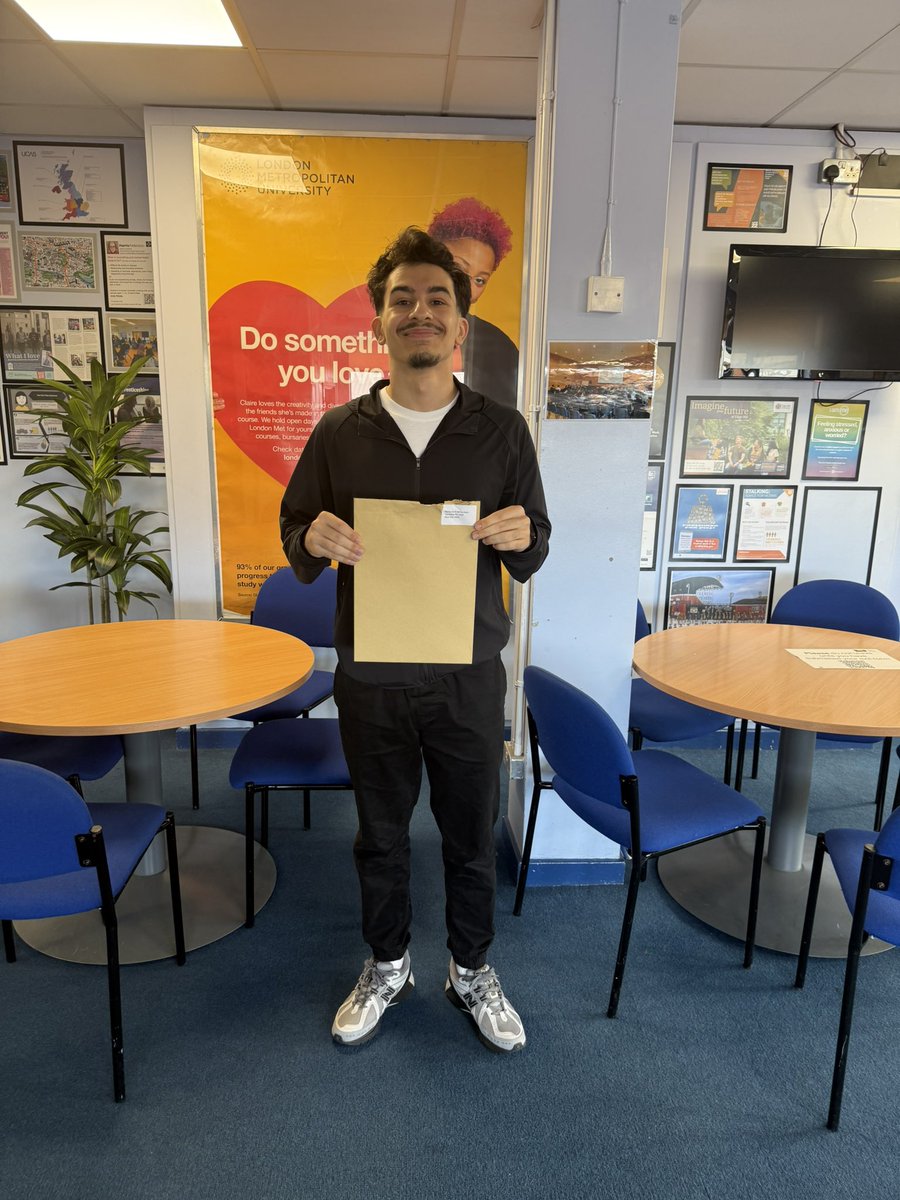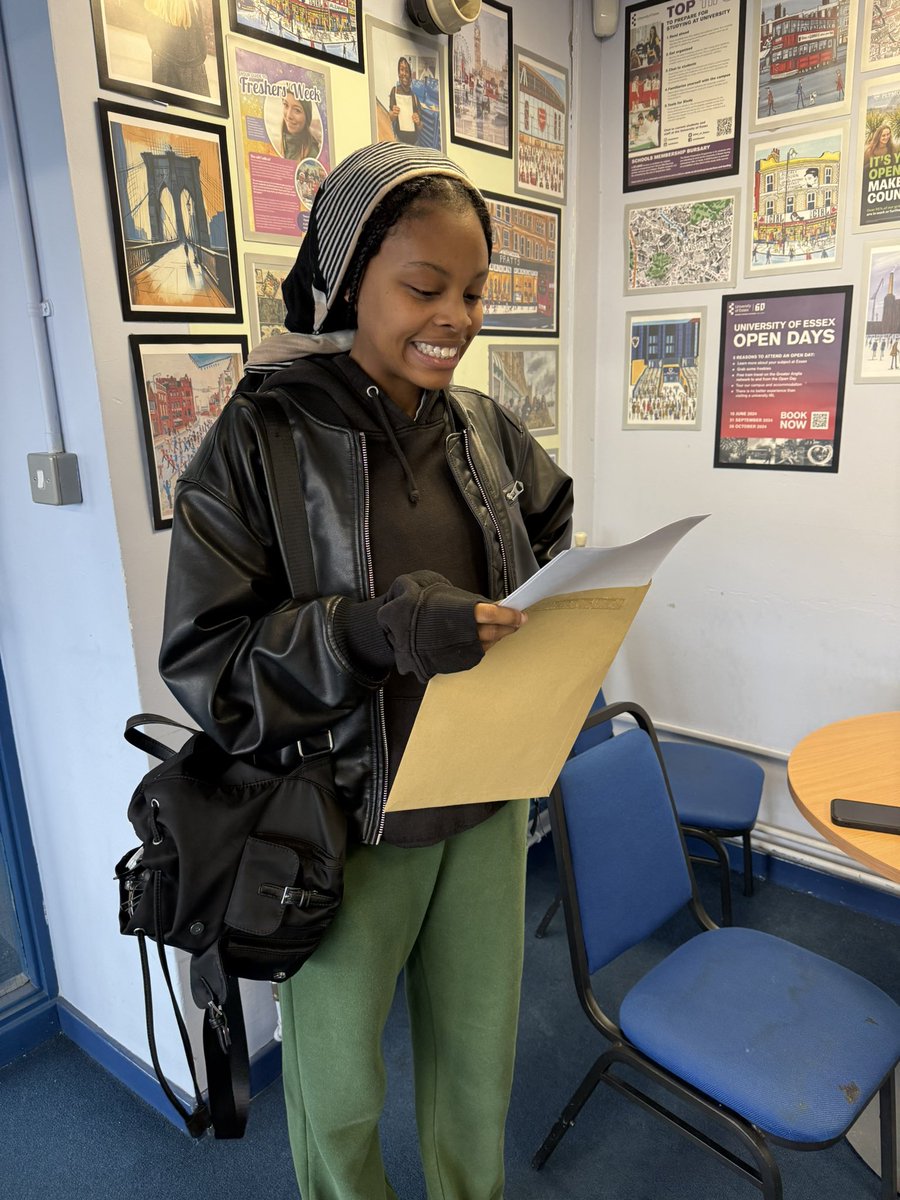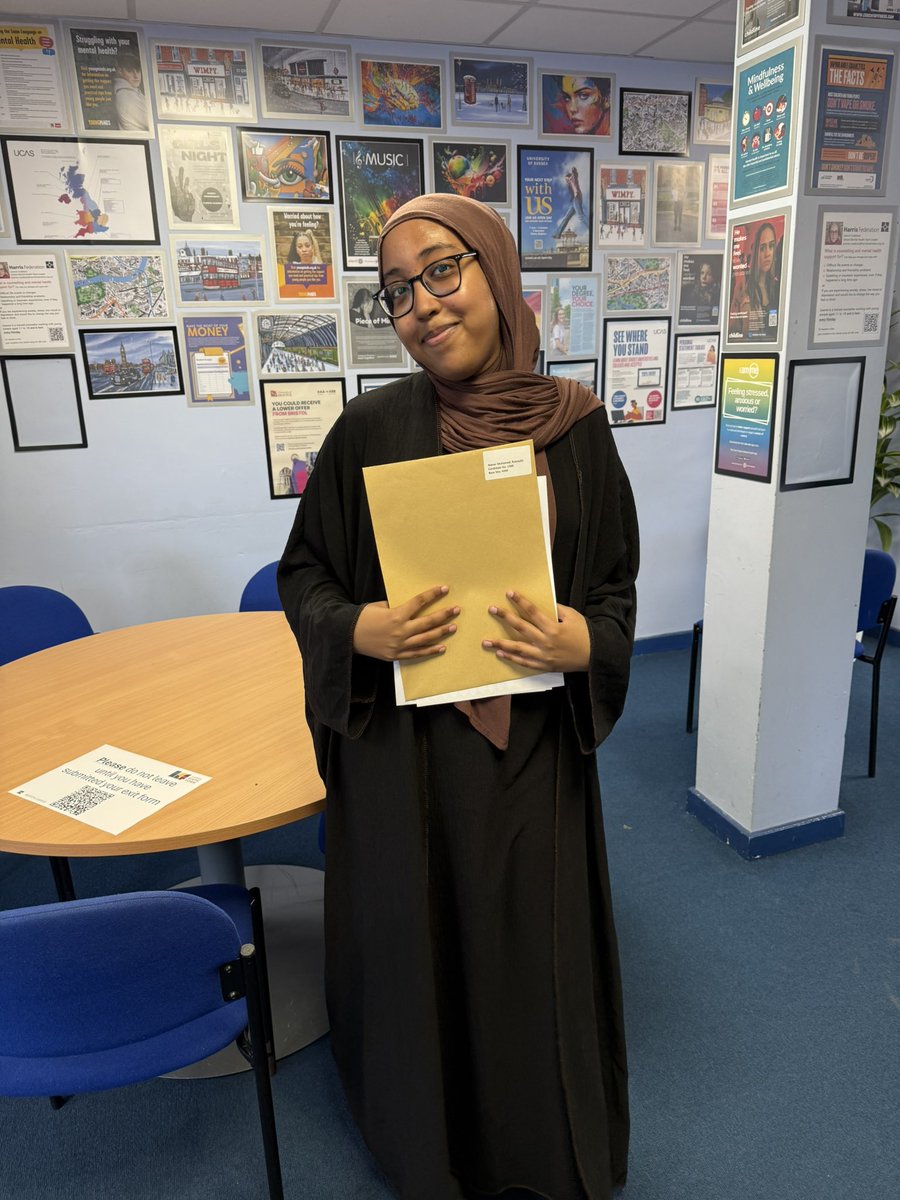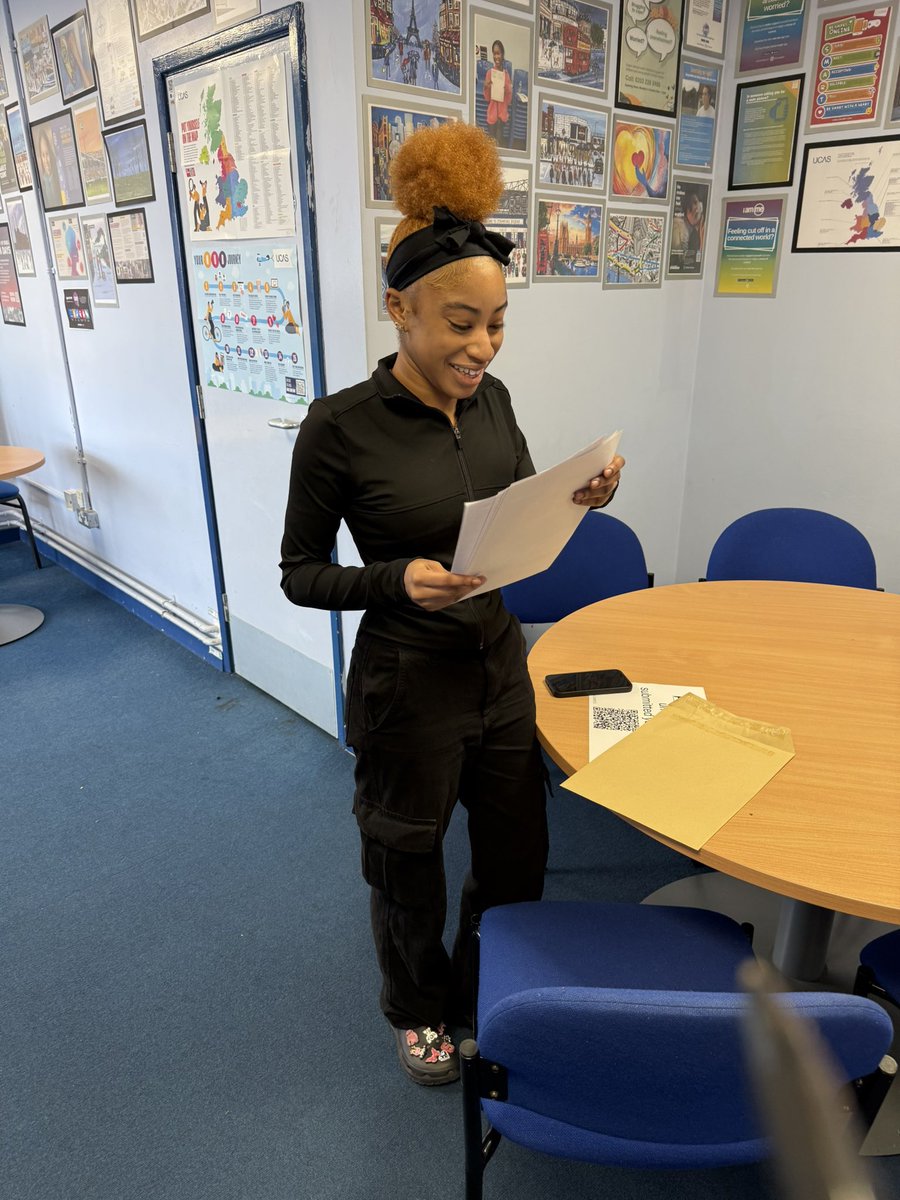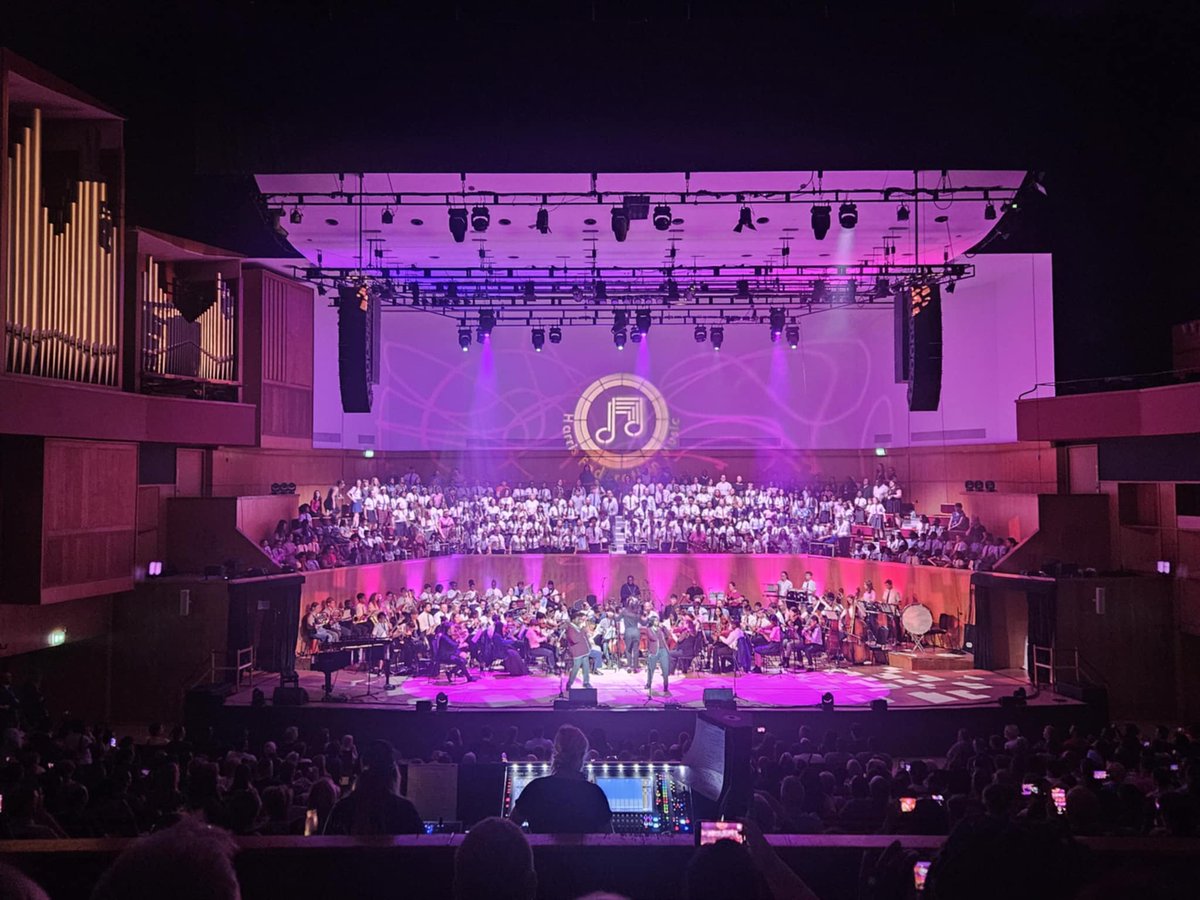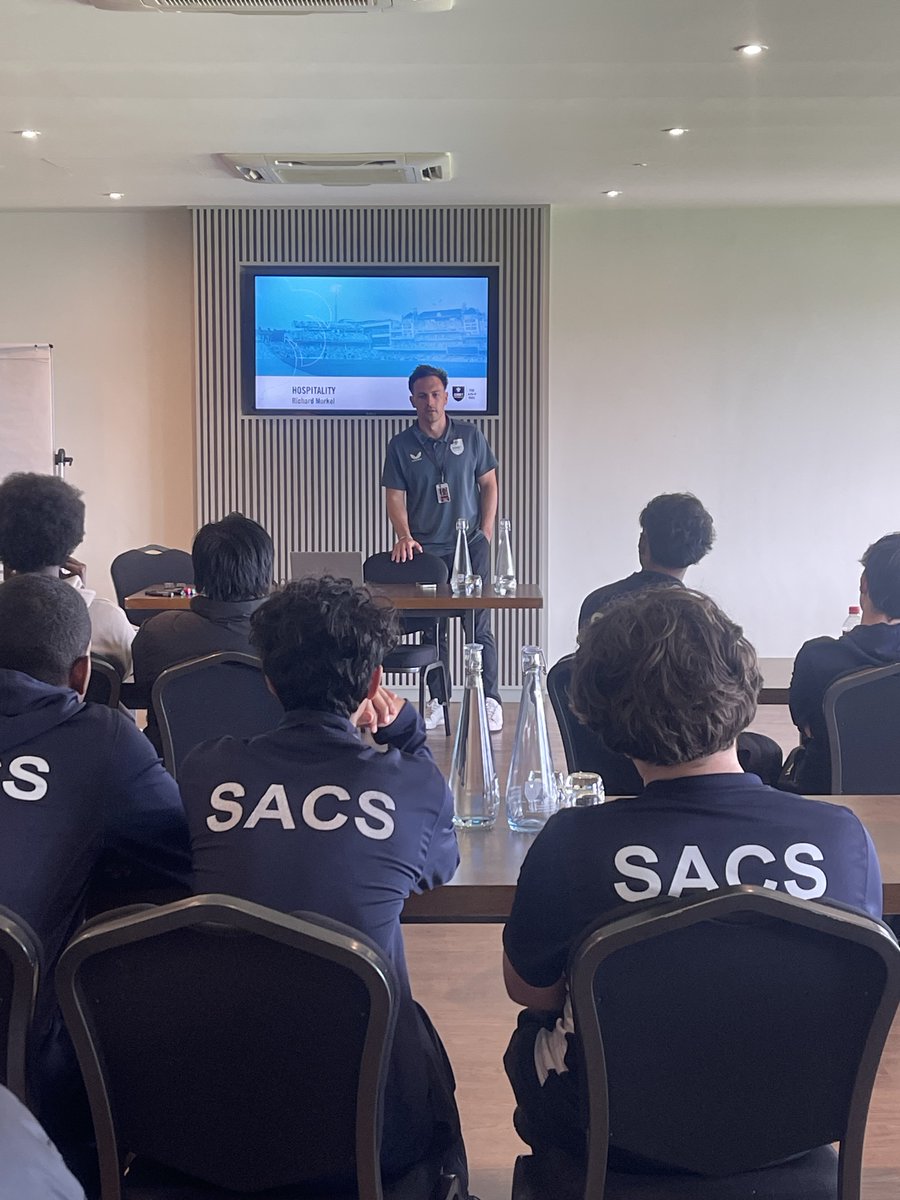Literacy
Literacy enriches a person’s life and plays a critical role in personal development. It is essential that each of our students develop proficient literacy skills to be successful in their learning. It is not just about reading and writing but also about understanding, communicating and engaging with the world effectively. It is a collective effort between the staff body, parents and carers to enable all students to access the curriculum.
Our aim is to foster a love of reading and develop enquiry and critical thinking. Reading is not only a foundational skill but also a gateway to knowledge, creativity and emotional growth.
Reading, writing, vocabulary acquisition and oracy are the key priorities for literacy at Harris Academy Merton. For a piece of text to be fully understood, 95% of the words must be known to the reader. However, only around 2000 words make up 80% of our spoken language. We therefore explicitly teach key words to students across the curriculum and have a structured approach to talk in the classroom to develop students’ language through SPEAK.
Reading
All students at Harris Academy Merton take part in weekly literacy sessions during tutor time. Year 7 tutor groups read a set text as a tutor group, including Boy 87, Hacker, Sawbones, October October and Ghost Boys. Students in Years 8-11 in vertical tutor groups read excerpts from a variety of both fiction and non-fiction, each thematically linked to all subjects studied around the school.

The Library
The school library is open from 7.45am-3.45pm each day, and has over 11,000 books. Students can use the library before school, at break and lunch times and after school. All students in Year 7 and 8 have an English lesson in the library weekly, taking part in the Accelerated Reader Programme. This matches students’ reading age to books which will accelerate their reading ability. Students then complete their ‘Reading Journals’ with a weekly update of their book. The library is part of our inter-faculty competition, where students earn faculty points with their book borrowing. Termly competitions our run by the Librarian, thematically linked to key events in the world. Students are rewarded with a book of their choosing.


Phonics
There is a discreet programme of phonics delivered at the academy which supports the Literacy of all children identified as requiring additional support, based on frequent and robust testing delivered in-house.
Lexia is an online platform of Literacy learning which initially works on cementing phonics knowledge (Core 5), followed up by an additional programme of study which supports students to apply their phonics knowledge as part of their comprehension within reading (Power Up).
Intervention sessions accessed by targeted students, including early EAL, also benefit from staff qualified in delivering the 'SoundsWrite' phonics programme of study.
For access to digital books at home and audiobooks you can try these websites:
- Oxford Owl - expert advice, educational resources and free eBooks to support children's learning at home, from Oxford University Press.
- Audible.com - Free trial of audible books for all ages. There are a range of categories to choose from and the texts on offer cover a range of ages. Audiobooks are becoming increasingly popular and are predicted to overtake the sales of ebooks in 2020 (National Literacy Trust). The research review found that audiobooks can improve children’s reading skills and enjoyment of reading, support children’s emotional and mental wellbeing, improve children’s reading comprehension and widen access to books.
- Project Gutenberg - The Project Gutenberg website offers over 60, 000 free eBooks. Your daughter can choose to download this as a Kindle book or read online. This website is completely free to use and does not require any registration.
- Literacy Trust: The Book of Hopes. Completely free for all children and families, the extraordinary collection of short stories, poems, essays and pictures has contributions from more than 110 children’s writers and illustrators, including Lauren Child, Anthony Horowitz, Greg James and Chris Smith, Michael Morpurgo, Liz Pichon, Axel Scheffler, Francesca Simon and Jacqueline Wilson.
- www.poetrystation.org.uk. This website focuses on providing recordings of poetry to help students engage in the auditory nature of poems and language.
- The National Literacy Trust's Family Zone is a comprehensive web portal for parents and guardians. There are activities for all age groups which will engage children at home, whilst also benefiting their reading, writing and language development. Currently the Family Zone only provides resources for students up to the age of 12, however secondary school students as well.
- www.booktrust.org.uk - The Book Trust website offers a range of resources linked to children’s literature, as well as a resource for recommending books that your daughter might be interested in reading moving forward.
- www.goodreads.com - The Good Reads website is free to join. On this website, your daughter can write reviews of books she has read, search through book lists and recommendations and take part in quizzes on novels.
Literacy Intervention
Students' reading ages and abilities are identified through NGRT testing which is carried out at the end of each year. Where pupils are falling below their expected reading age, they will receive additional support and or intervention to help them catch up with their chronological reading age.
In addition to NGRT, all students complete the Lucid Exact Screener at the start of year 7, which looks for further possible literacy/language needs and access arrangements as it provides indicators regarding the students’ skill levels in literal comprehension, vocabulary, inference and analysis. Students with below age-expected levels for reading comprehension are allocated literacy catch up provision.
Developing Vocabulary
Research has shown there is a direct link between a student’s vocabulary size and their academic achievement. Children with a wider vocabulary make faster progress at school, in further education and beyond. Narrow vocabularies affect directly students’ grades.
Disciplinary literacy emphasises ways of knowing and communicating knowledge within a subject discipline. It helps students understand how language works in different subject areas and supports their understanding of how vocabulary is used, how question phrasing will shape the answer expected, and how to interpret the written and graphic materials used for learning.
What are vocabulary tiers?
At Harris Academy Merton there is a focus on developing pupils’ ‘Tier 2’ and ‘Tier 3’.
- Tier 1 words. These are words that pupils pick up naturally, for example nouns such as ‘clock’ or basic verbs like ‘running’. These words do not need teaching explicitly.
- Tier 2 words. These are ambitious vocabulary words that learners will come across in a variety of contexts, for example reading a variety of texts or listening to a speech, but will not hear in everyday conversations. Tier two words might include: ‘analyse’, ‘emerge’, ‘peculiar’ and ‘context’.
- Tier 3 words. These are subject specific words which are integral to teaching a specific subject. These are made explicit in lessons and pupils are encouraged to use the language of a ‘mathematician’ or a ‘geographer’ in their writing and speaking.
Alongside explicit teaching in lessons our pupils develop their disciplinary literacy through an online programme – ‘Bedrock’.
Bedrock Learning
All pupils in years 7-9 use an online vocabulary programme called Bedrock to help them become word-aware and as a tool to improve their vocabulary to help address the word gap. The programme allows students to access both non-fiction and fiction texts to improve their reading skills and learn new vocabulary that will enhance the way they read, speak and write across all their subjects.
As students’ progress through the Bedrock curriculum, they will study hundreds of new words.
You can log in to Bedrock at https://app.bedrocklearning.org/

